The law provides three exemptions from the English language requirement for naturalization. The exemptions are for applicants at least age 50 who have been permanent residents for at least twenty years, those at least age 55 with at least 15 years permanent residence and for those who have a mental or physical disability that prevents them from learning English. If the applicant is exempt under any of these rules, she qualifies even if she is illiterate. She can naturalize even if she cannot read or write another language.
If the disability prevents applicants from learning U.S. history and government (Civics part of the naturalization test), they are exempt from answering civic knowledge questions as well. Otherwise, they must answer the Civics questions in their own language.
Permanent residents at least age 65 who have been a permanent resident for at least 20 years take an easier test of U.S. history and government.
If the applicant is claiming an exemption based on a disability, she needs to file USCIS form N-648, Medical Certification for Disability Exceptions with your from N-400. A medical doctor or licensed clinical psychologist must sign the certification. An identifiable mental or physical disease must cause the disability. If the doctor says something like, “he’s too old to learn English,” the USCIS will deny the waiver request.
If a person is so disabled that he or she is unable to understand or agree to the citizenship oath, a legal guardian may file the application and the applicant may get U.S. citizenship.
English Language Exemptions
You Are Exempt From The English Language Requirement, But Are Still Required To Take The Civics Test If You Are:
- Age 50 or older at the time of filing for naturalization and have lived as a permanent resident (green card holder) in the United States for 20 years (commonly referred to as the “50/20” exception).
OR - Age 55 or older at the time of filing for naturalization and have lived as a permanent resident in the United States for 15 years (commonly referred to as the “55/15” exception).
- Even if you qualify for the “50/20” or “55/15” English language exceptions listed above, you must still take the civics test.
- You will be permitted to take the civics test in your native language.
- If you take the test in your native language, you must bring an interpreter with you to your interview.
- Your interpreter must be fluent in both English and your native language.
- If you are age 65 or older and have been a permanent resident for at least 20 years at the time of filing for naturalization, you will be given special consideration regarding the civics requirement.
Information about Naturalization Test is here.

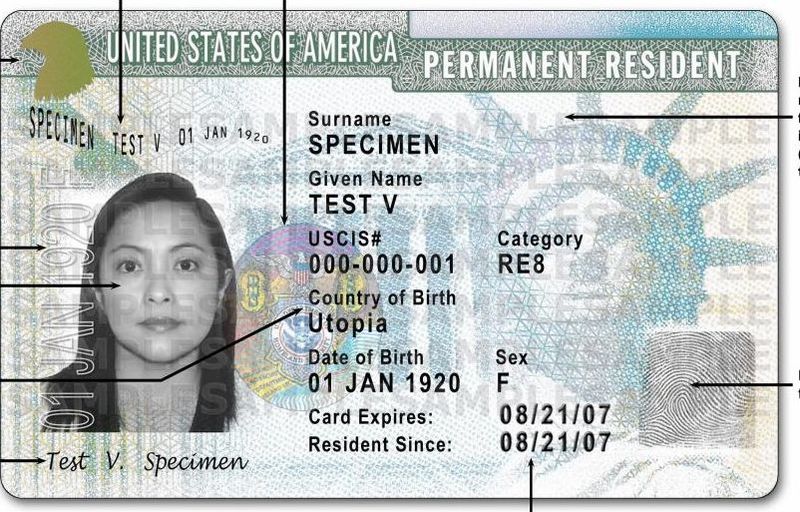
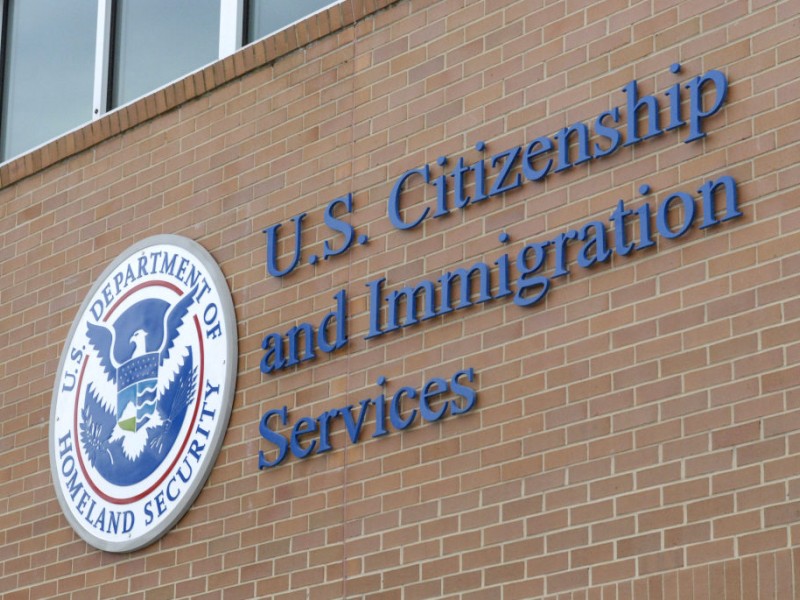

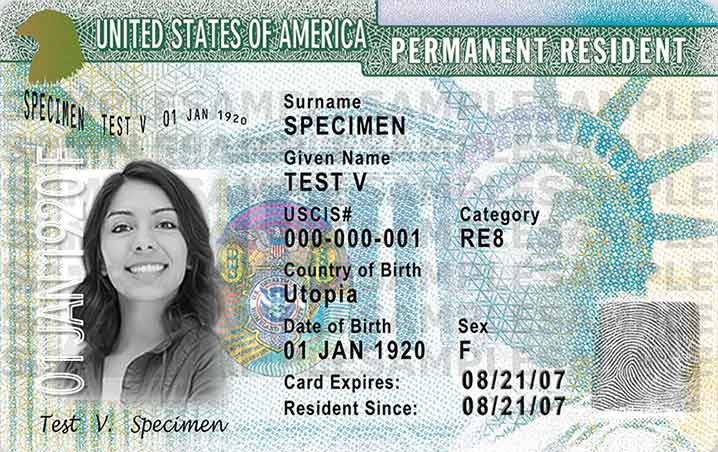
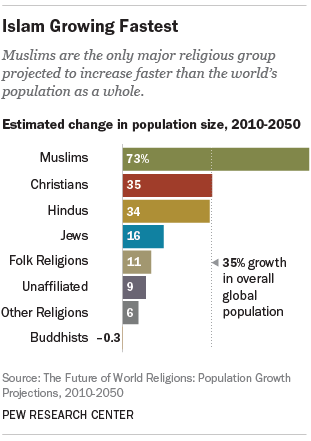
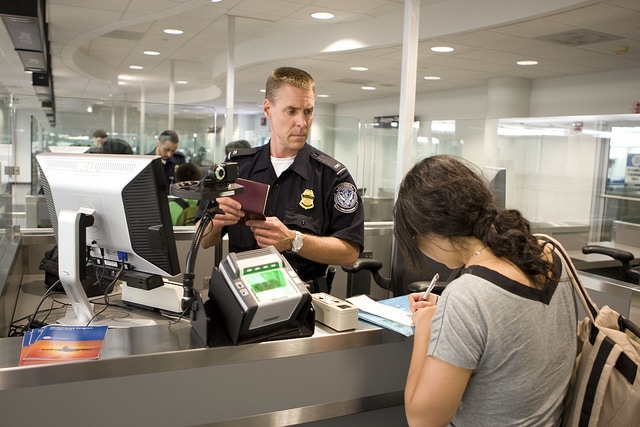



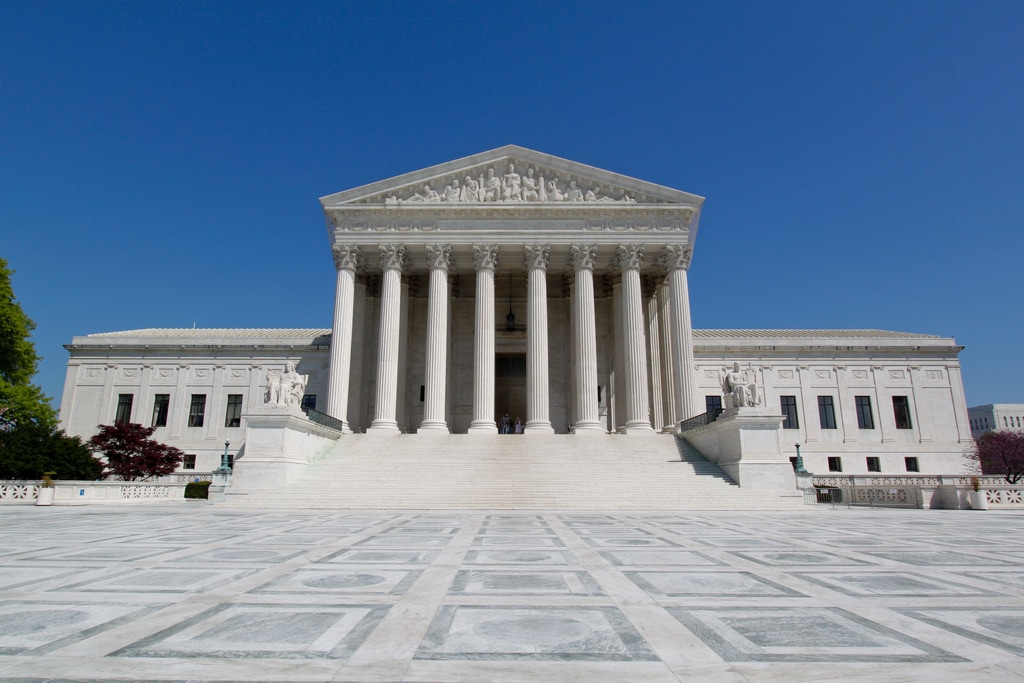



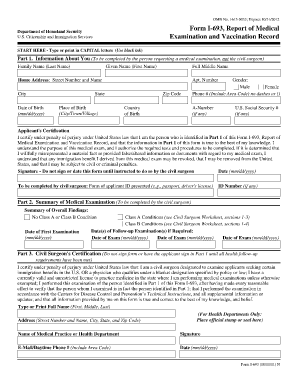







 RSS Feed
RSS Feed